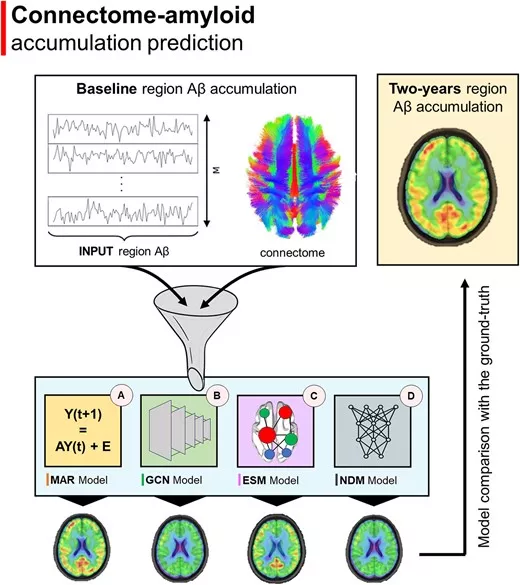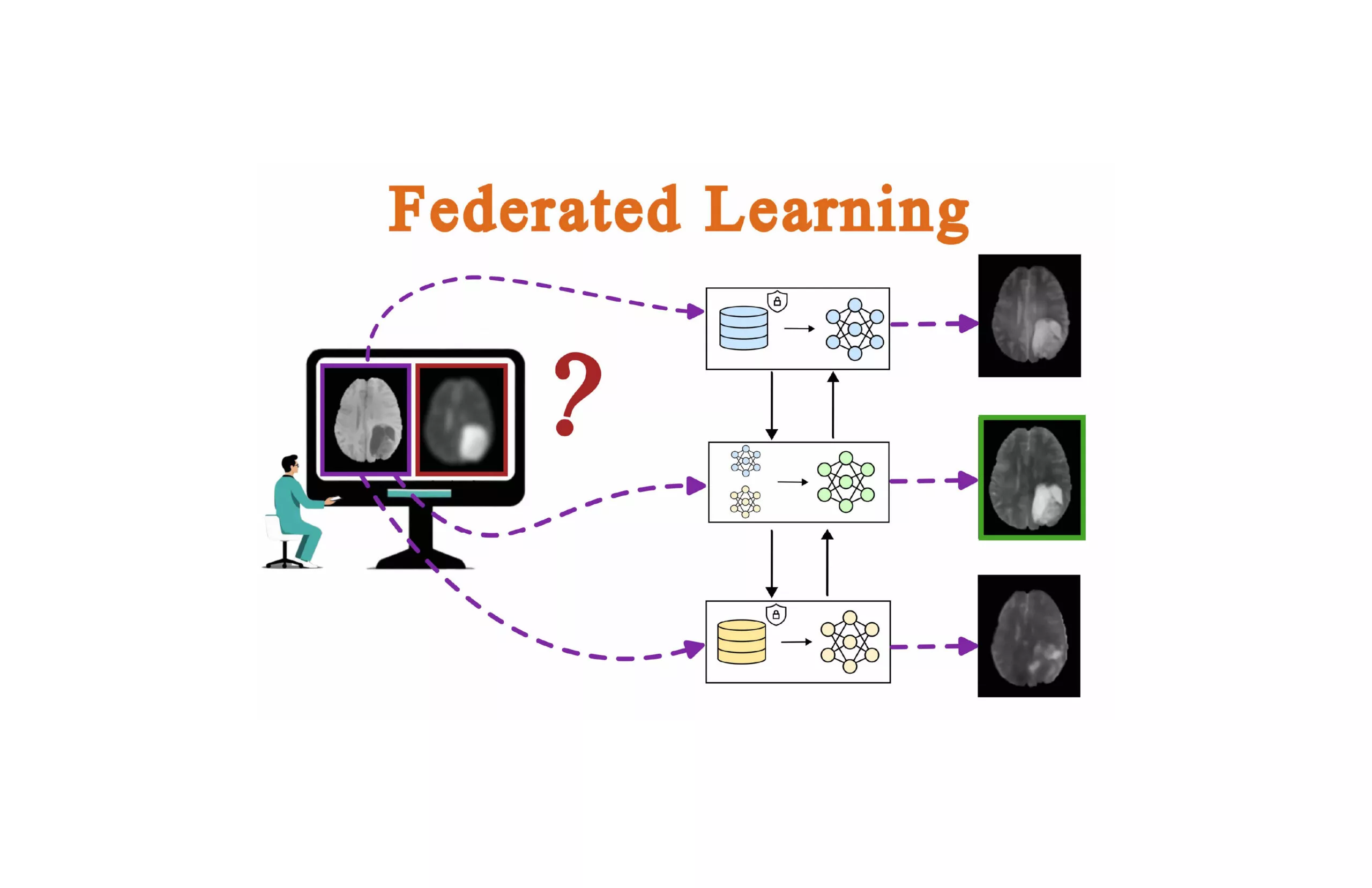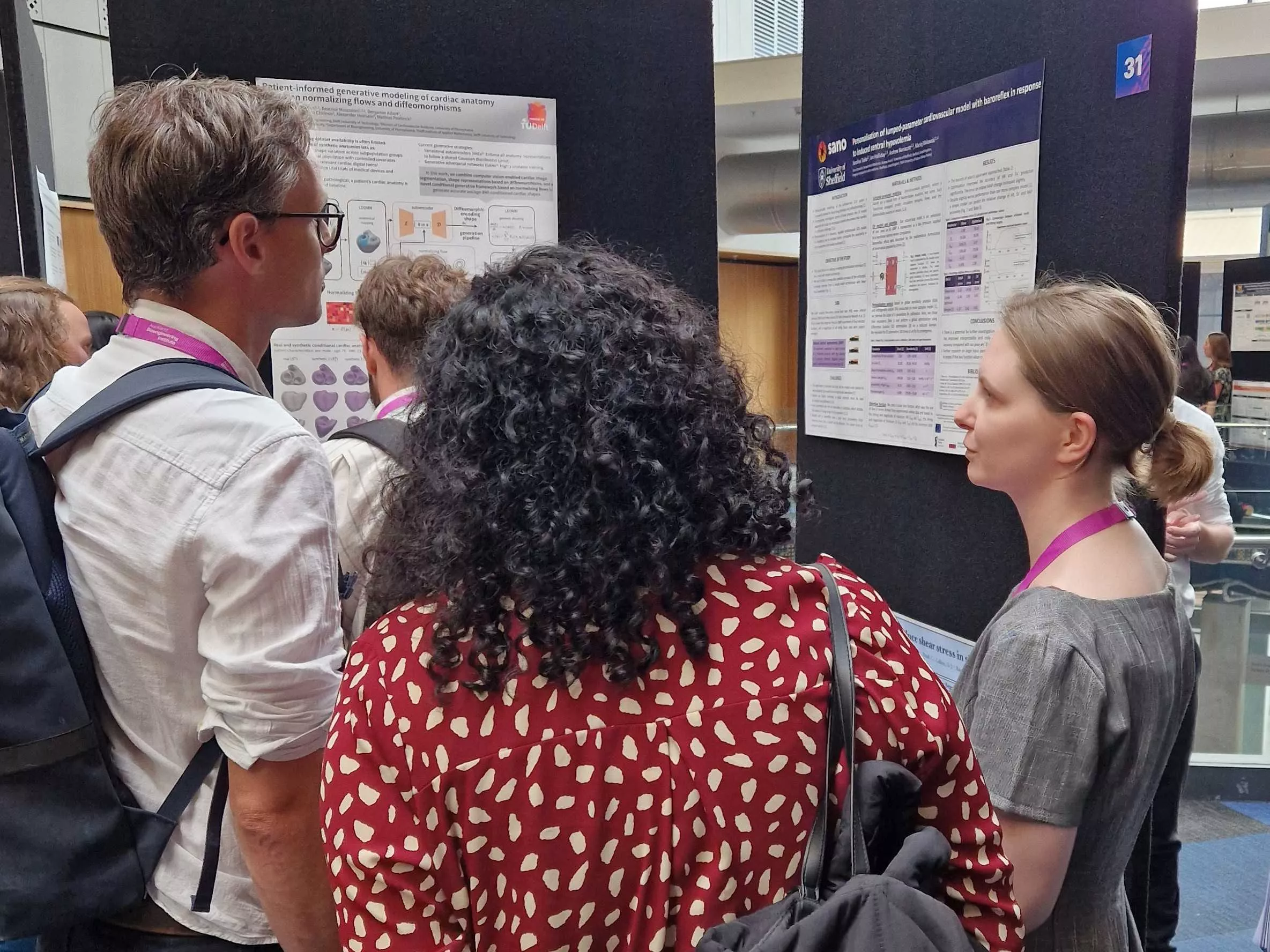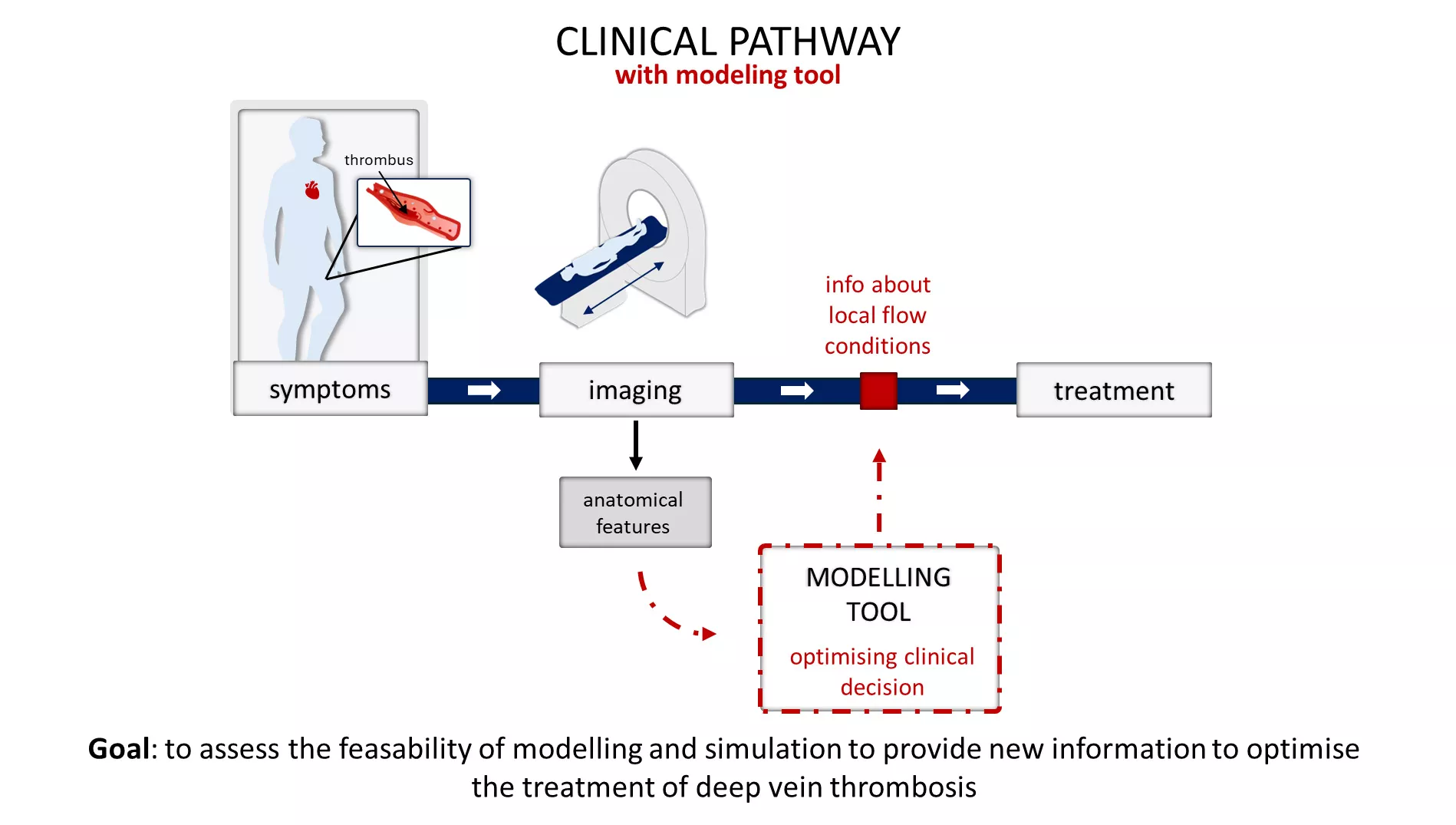
A breakthrough in the accuracy of prediction of the course of Alzheimer’s disease
Sano’s Computer Vision Data Science team significantly raised the accuracy of the prediction of the deposition of Amiloid-β. This misfolded protein is responsible for the development of both Alzheimer’s disease and MCI (Mild Cognitive Impairment).
This became possible due to the employment of a new machine learning approach. An autoregressive model was taken as the main research tool and was constrained by the structural connectivity of the human brain. The approach was tested in a cross-validation manner on the publicly available ADNI dataset for a total of 212 subjects. The reliability of the approach was proven by follow-up PETs (Positron Emission Tomography) performed in 24 months time.
The trained model Sano’s researchers developed is now available as a web service for physicians and researchers. They are welcome to upload a structural connetcome and a PET file of patients to predict the course of an individual Amiloid-β deposition. The proposed service is available at https://brainspread.sano.science/.
Accurate Amiloid-β pathology prediction can have significant clinical implications, helping to predict the evolution of the disease in patients with early clinical manifestations. The method is also useful for the enrichment of clinical trials of Alzheimer’s disease at the predementia stage and for individuals with clinical impairment tending to progress rapidly.
“While it is important to note that a comprehensive prognostic plan for Alzheimer’s disease cannot solely rely on Amyloid-β concentrations, the accuracy achieved by the discussed machine learning approaches can prove invaluable for planning therapies and other interventions,” stated Dr. Alessandro Crimi, the lead author of the article. “This is particularly crucial when dealing with asymptomatic patients for whom novel therapies could hold the key to effective treatment.”
The institutions behind this groundbreaking research are Sano, Center for Computational medicine (Krakow, Poland), and the University of Padua (Italy).
The research paper by Luca Gherardini, Aleksandra Zajdel, Lorenzo Pini, Alessandro Crimi
“Prediction of misfolded proteins spreading in Alzheimer’s disease using machine learning and spreading models” was recently published in the prestigious Cerebral Cortex Journal. The link to the paper: https://academic.oup.com/cercor/advance-article/doi/10.1093/cercor/bhad380/7311320?login=false




